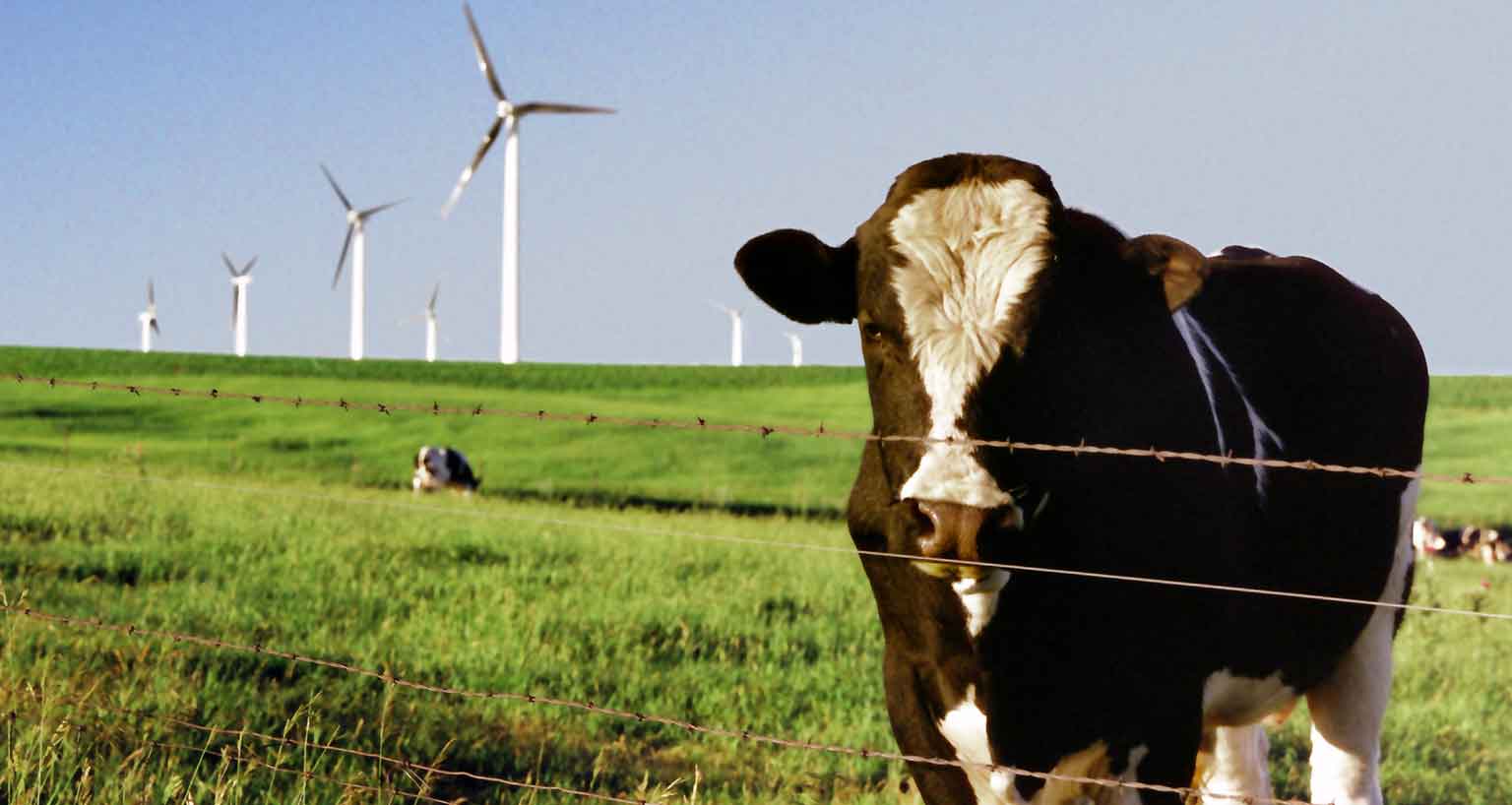We're sorry.
The page you are looking for has mooved.
Try the search engine

Share
Try the search engine

Share